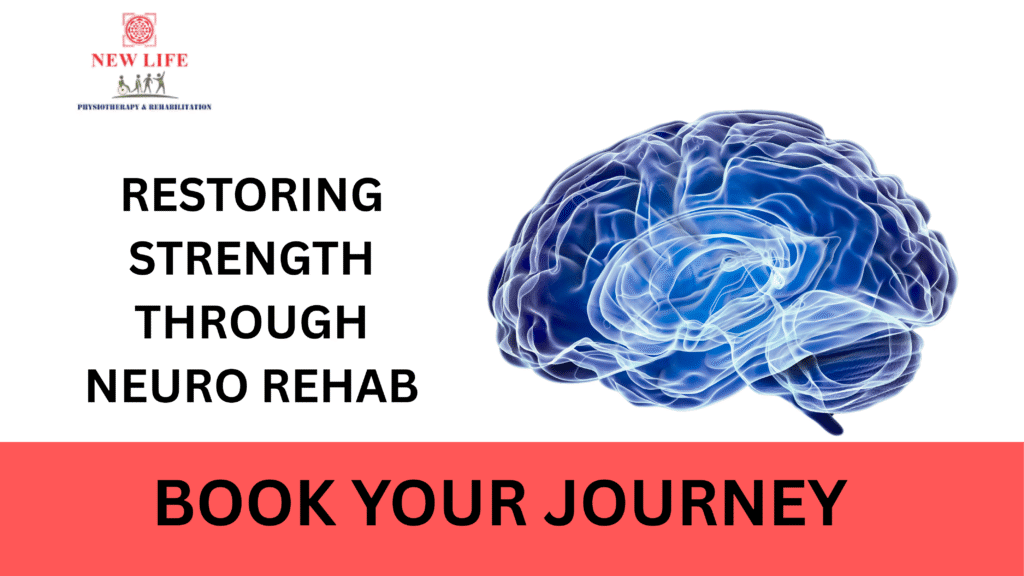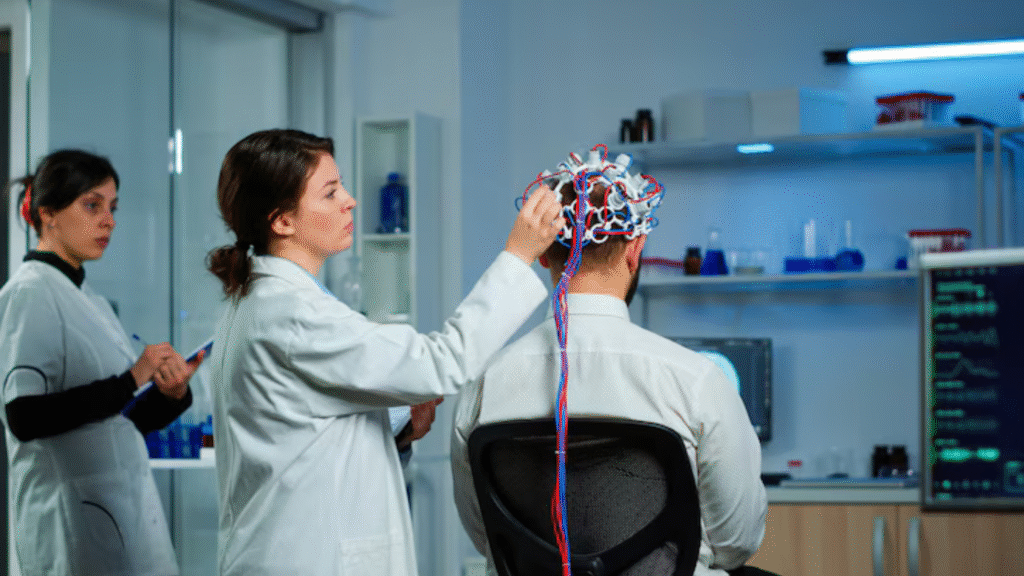
What is Neuro Rehabilitation ?
Neuro rehabilitation is a comprehensive, individualized approach to treating patients who have experienced neurological impairments due to conditions such as stroke, traumatic brain injury, spinal cord injury, multiple sclerosis, Parkinson’s disease, and other neurological disorders. It involves a team of medical professionals working together to design a customized treatment plan that may include physical therapy, speech therapy, occupational therapy, and cognitive rehabilitation.
The goal of neuro rehabilitation is not only to help patients recover lost abilities but also to maximize their independence and quality of life. Rehabilitation strategies are tailored to each patient’s specific needs, focusing on improving motor skills, speech, memory, coordination, and overall functional abilities. By addressing both physical and cognitive challenges, neuro rehabilitation plays a crucial role in helping individuals regain a sense of normalcy and independence after a neurological event or condition.
Who Can Benefit With Neuro Rehabilitation ?
Neuro rehabilitation can benefit anyone who has experienced a neurological condition or injury that affects the brain, spinal cord, or nerves. Some of the common conditions and individuals who can benefit include:
Stroke Survivors: Neuro rehab helps restore movement, speech, and cognitive function lost due to a stroke.
Traumatic Brain Injury (TBI) Patients: Those recovering from head injuries can regain motor skills, memory, and communication abilities.
Spinal Cord Injury Patients: Rehab helps improve mobility, strength, and function, focusing on adjusting to life with limited or no movement.
People with Parkinson’s Disease: Neuro rehabilitation can assist in managing motor symptoms and improving balance and coordination.
Individuals with Multiple Sclerosis (MS): Rehab helps manage symptoms and improve strength, balance, and cognitive function.
Patients with Alzheimer’s or Dementia: Cognitive rehabilitation strategies can help maintain daily living skills and slow cognitive decline.
People with Epilepsy or Seizure Disorders: Neuro rehab can improve cognitive abilities, memory, and learning functions affected by seizures.

Components of Neuro Rehabilitation Program




